-
Elizabeth Yeampierre helped prevent a real estate investment trustof repurposing her neighborhood.
-
Where the developer saw profit, Yeampierre saw how to drive out the local working class.
Yeampierre is at the forefront of a vision to decarbonize and revitalize Sunset Park, Brooklyn.
For many urban developers, progress looks like sleek and shiny multi-use developments, complete with apartments, office space and restaurants all within walking distance.
But when Elizabeth Yeampierre thinks about these enclaves, she sees who they often push out: lower-income people, the working class, and people of color.
"Many of the green solutions right now are resulting in the displacement of the people who have been breathing toxic air for generations," says Yeampierre, who plans to shake up the status quo.
Turning the status quo upside down
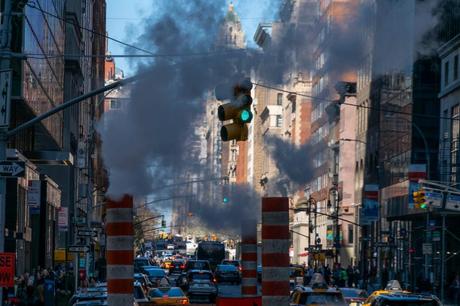
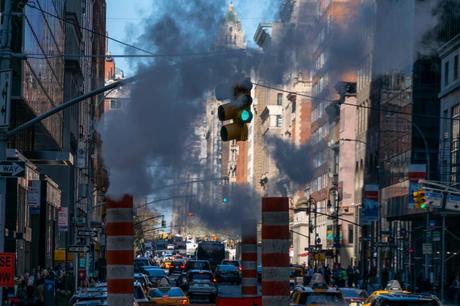
Born and raised in New York, Yeampierre trained as a civil rights attorney before beginning to work on climate change and environmental justice in the Big Apple.
She was the first Latina chair of the Environmental Protection Agency's National Environmental Justice Advisory Council, serves on numerous advisory boards nationally and in New York City, and founded the NYC Climate Justice Youth Summit to empower young people of color help understand the overlap between racial differences. justice and climate change.
She has long been interested in how efforts to combat climate change can displace the communities traditionally most affected by the climate crisis - especially people of color, who Higher risk for climate-related health problems than white people, research shows.
To that end, Yeampierre helped prevent developer Jamestown Properties, which manages billions of dollars of real estate worldwide, from rezoning its Sunset Park neighborhood in Brooklyn.
Where Jamestown Properties saw a bright future in the redevelopment of 6 million square feet of Sunset Park's waterfront, Yeampierre saw the ways her community could be left behind.
The story continues
Business Insider reached out to Jamestown Properties for comment, but the company did not respond.
In 2020, UPROSE - a Sunset Park community organization focused on sustainability and resilience of which Yeampierre is executive director - joined a local coalition and pressured the city not to rezone.
They have won.
Yeampierre then worked with her community to take it one step further.
A new vision for Sunset Park
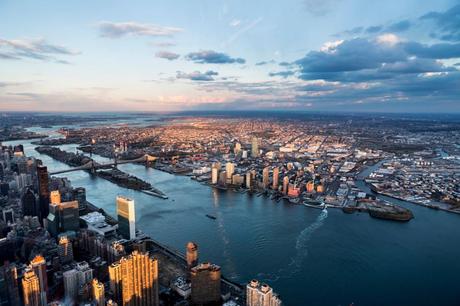
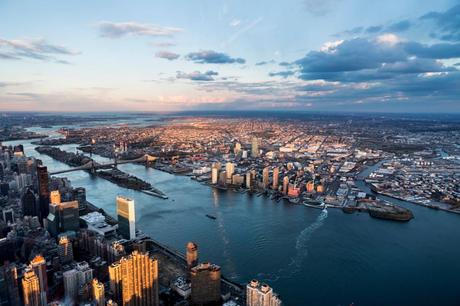
Located on the scenic New York Bay in southwest Brooklyn, Sunset Park is a diverse neighborhood that many working-class people call home.
Nearly half of residents are immigrants, three-quarters of households speak languages other than English, and by 2021 42% of households earned less than $50,000.
After defeating Jamestown Properties, Yeampierre, along with UPROSE, envisioned an alternative future for Sunset Park: one that is low-carbon and revitalized, full of working-class jobs, renewable energy, locally grown food and a burgeoning green economy.
This future and how it can be achieved by 2035 is outlined in a development report called the Green Resilient Industrial District Plan 2.0. And even Yeampierre's critics agree, Yeampierre told Business Insider.
Working class jobs and clean energy
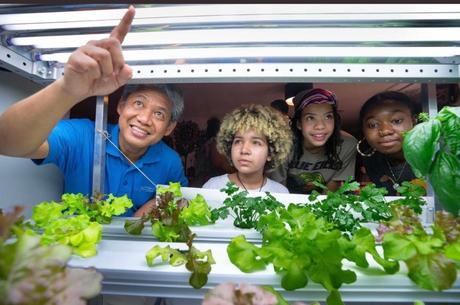
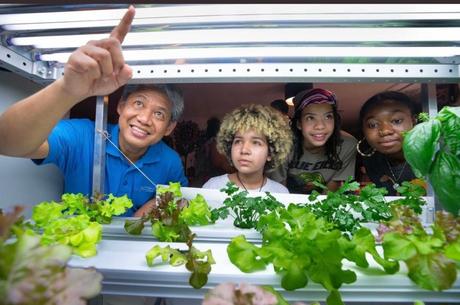
The GRID Plan 2.0 "will stimulate the local economy while putting us on a path to resilience" by providing jobs to working-class residents, Yeampierre said.
Chief among the changes is the shifting of jobs from carbon-based industries to green energy.
"The idea is that if you bring in these blue-collar jobs in this sector, people can live and work here," she said.
GRID 2.0 also includes a major focus on renewable energy, with shared solar and rooftop offshore wind replacing the two nearby power plants that burn fossil fuels.
Rooftop solar is an important part of any plan to decarbonize New York's buildings, said Chris Halfnight, senior director of research and policy at Urban Green Council, a nonprofit focused on decarbonizing the Big Apple.
"Rooftop solar ensures buildings use clean electricity, and also makes them more resilient with their own power source," he told BI via email.
But rooftop solar will never fully meet the city's electricity needs, he said. That is why large-scale efforts to decarbonize electricity production - such as offshore wind energy - are important.
"We need to decarbonize electricity supplied by utilities with renewable energy from outside the five boroughs," Halfnight said.
GRID 2.0 also includes a plan to help protect Sunset Park from food and supply shortages that are a growing concern in light of the global climate crisis.
Climate change has led to consequences such as more extreme droughts, severe storms and devastating floods that can disrupt supply chains for local communities. To help protect Sunset Park from complete chaos caused by extreme weather, UPROSE is focusing on growing more food locally.
UPROSE already grows hydroponic gardens at its headquarters and hopes to add more open spaces for urban farming with GRID 2.0.
Setting a good example
As communities across the U.S. face both climate change and social justice challenges, Yeampierre would like her work in Sunset Park to serve as an example of environmental progress that also supports people of color and other communities disproportionately affected by the climate crisis.
While there are no out-of-the-box solutions to address the climate crisis in a socially just way, the Grid Plan 2.0 can serve as an inspiration for other maritime neighborhoods from Boston to Houston, Yeampierre said.
"We need to share what works, what doesn't work, and what mistakes we've made," she said. Because when it comes to finding solutions to climate change, "we're just running out of time."
Read the original article on Business Insider
